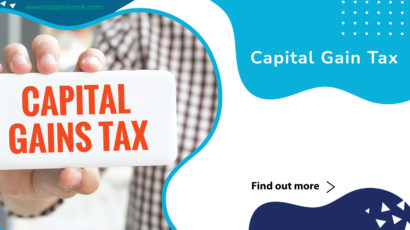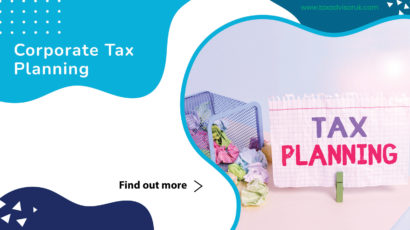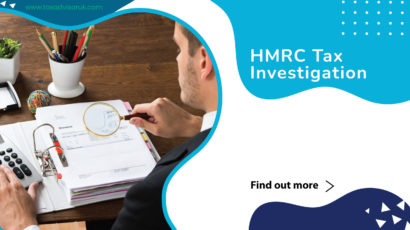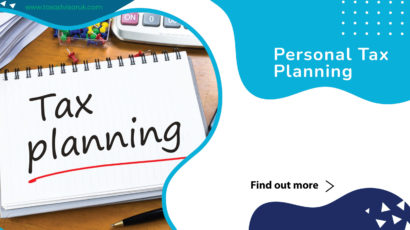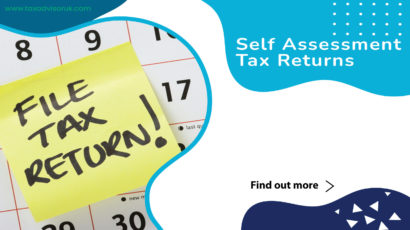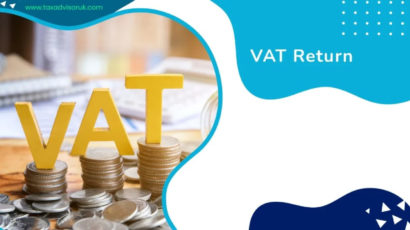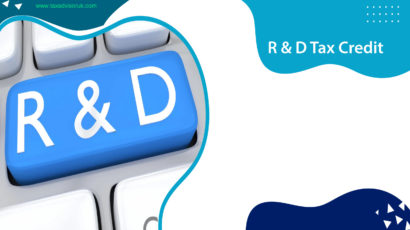When an employer hires a new employee, they are usually required to enrol them in the company’s workplace pension plan. However, for a director of a limited business, things are a little different. So, how does it work for directors who want to put money aside for retirement? Let’s have a look at what we’ve got.
What is auto-enrolment?
Employees used to be able to opt into the pension system, but since 2012, businesses have been required to automatically enrol all eligible employees — though they can opt out at any time. The assumption is that by doing so, people will have a better chance of saving for retirement beyond the state pension.
When do auto-enrolment rules apply for limited companies?
Auto-enrolment duties only apply if the company is an employer under auto-enrolment rules. As you would think, it’s very basic for a corporation which employs staff who aren’t directors! Even if the company just has one single person of staff, and a hundred directors on the payroll, it’s an employer for auto-enrolment.
So, what happens if the only individuals on the payroll are the company’s directors? In terms of automatic enrolment, it depends on whether or not they are an employee.
When is a director classed as an employee for auto
- They are employees of the company, and they have a contract with them.
- At least one or more other individuals (perhaps another director) are also employed by the organisation.
In general, if a company employs at least two individuals, it is considered an employer for auto-enrolment purposes. Especially if both of them are directors.
If a company has numerous directors but no other employees, and two or more of the directors have employment contracts, all of the directors with employment contracts are considered employees. This means that, like any other employee, they will be automatically registered in the workplace pension plan.
It’s important to note that this only pertains to that company. A company director may serve on another board of directors where they are not considered an employee.
What if there are no employees for auto-enrolment?
Although a firm may be required to operate PAYE for any director’s pay, if it is not an employer in terms of pensions and the directors choose not to opt-in freely, you must notify the Pensions Regulator that the company is exempt from auto-enrolment obligations.
When does a company have workplace pension and auto-enrolment duties?
When a corporation meets the following criteria, it becomes an employer:
- It hires someone who isn’t a director, or it hires someone who isn’t a director.
- There are two or more directors who are employed.
When a company hires workers, it must furnish them with an employment contract, set up a workplace pension plan, and enrol them automatically.
When does a company have workplace pension and auto-enrolment duties?
- when it hires a staff member who isn’t a director
- when there are two or more directors with contracts of employment
What should I do if I become an employer under auto-enrolment rules?
If a change in the firm’s circumstances necessitates automatic enrolment, the company must notify the Pensions Regulator as soon as possible. Taking on a new member of staff under a contract of employment, or a lone director firm registering another director with both of them having employment contracts, are examples of changes in circumstances.
Can directors set up a workplace pension anyway?
Yes, even if your company isn’t considered an employer for the purposes of workplace pensions, you can still set up a plan for the company’s directors.
Are a director’s pension contributions tax efficient?
Not as such, although you’ll be subject to the pension yearly allowance. You’ll only be able to claim tax relief on contributions up to £40,000 or 100% of your salary, whichever is lower.
The £40,000 number drops by £1 for every £2 earned by anyone earning £150,000 or more per year. This tapering is capped at £30,000, which means that anyone earning more above £210,000 will only be eligible for a $10,000 annual allowance.
Individuals can contribute up to 100% of their salary to their pension, however corporate directors typically only receive a little salary. Because dividends aren’t counted as salary when it comes to increasing pension contributions, most company directors will make up the difference through their limited company.
Although you’re not officially self-employed, as a company director it’s on to you to arrange your own pension provision. This is why it’s so vital that company directors spend time researching their pension requirements and setting up a director’s pension accordingly.
You can efficiently contribute to your pension both as an employee and through your limited company by doing so. As a result, you can claim pension tax reduction twice: once for contributions made through your business and once for contributions made as an individual. That’s fantastic news!
How do pensions work for self-employed people?
Entrepreneurs don’t often start their business as a corporation right away. Many people start out as sole traders and then grow to the point where operating as a corporation is more tax efficient. So, in the interests of covering all bases, we’ll provide some info about self-employed pensions too.
A personal pension can be set up by anyone who is self-employed and allows them to save for retirement. Regular contributions, as well as any ad hoc payments, can all be added. The pension provider will then claim tax relief on your behalf and deposit it into your retirement account.
Considerations for self-employed pensions
According to statistics, only about 17% of self-employed workers contribute to a pension. This is especially surprising given that the great majority of employed people contribute to one. It’s a significant difference, especially given that the state pension of £179.60 per week will be insufficient for many individuals.
While most employees are automatically enrolled in a pension plan, self-employed individuals must arrange for their own pension. Apart from the effort it may need, there are other advantages to doing so, including:
- Your pension will be increased by 25% by the government. In fact, for every £100 you save, you’ll get an extra £25 deposited into your pension.
- Professional investment managers will invest your money in a variety of assets if you have a good pension plan in place. This is a sensible approach to risk management.
- You now have many more alternatives for spending your pension account in retirement because of new pension freedom rules. This includes the ability to withdraw up to 25% as a lump amount without paying tax.
- If you die before reaching the age of 75, your pension is normally passed on as a lump sum to a loved one or other beneficiary, free of inheritance tax.
How TaxAdvisor UK can help
At TaxAdvisor UK , our experts will provide you 30 minutes free consultation and help you in managing all your tax and accounting work. Speak to our expert accountants, tax advisor on (0203) 5381276 or fill an online form today. We can have a consultation session over the phone, virtual or face to face meeting and will provide you with a no obligation fixed quote




